Entry Category: Local
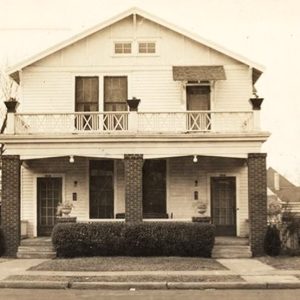 Conner House
Conner House
Conner, Laura Cornelius
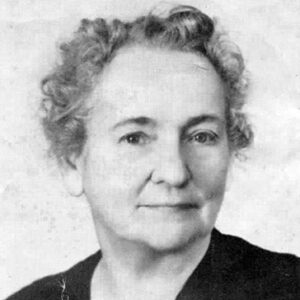 Laura Conner
Laura Conner
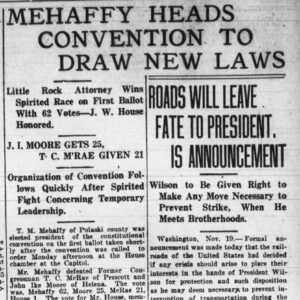 Constitutional Convention President
Constitutional Convention President
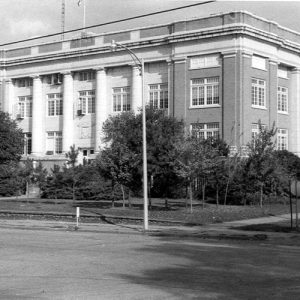 Conway County Courthouse
Conway County Courthouse
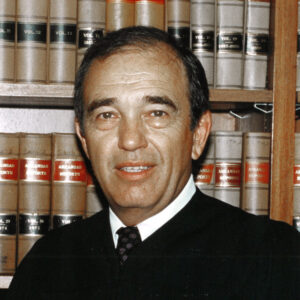 Donald L. Corbin
Donald L. Corbin
Corbin, Donald Louis
County Coroner, Office of the
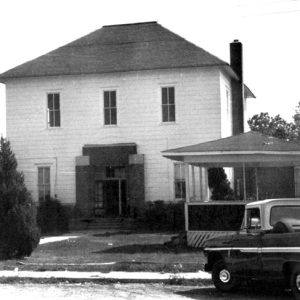 Craighead County Courthouse
Craighead County Courthouse
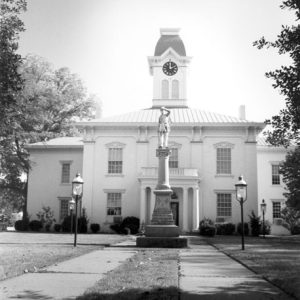 Crawford County Courthouse
Crawford County Courthouse
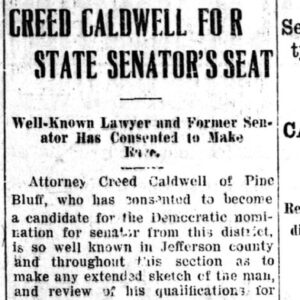 Creed Caldwell Story
Creed Caldwell Story
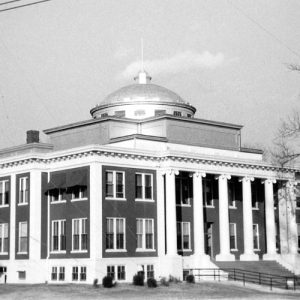 Crittenden County Courthouse
Crittenden County Courthouse
Crittenden County Expulsion of 1888
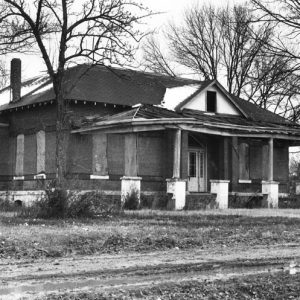 Old Cross County Courthouse
Old Cross County Courthouse
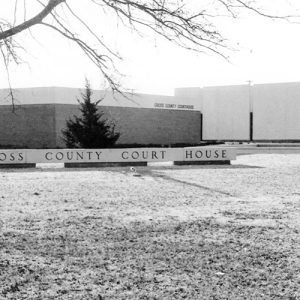 Cross County Courthouse
Cross County Courthouse
Cross, Edward
Crossett, Edward Savage
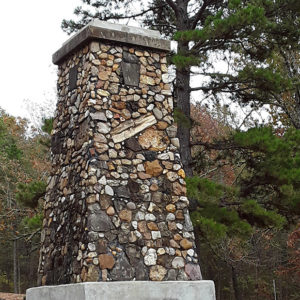 Crowley Monument
Crowley Monument
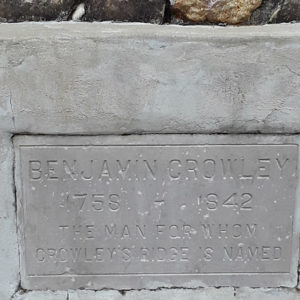 Crowley Monument Detail
Crowley Monument Detail
Crowley, Benjamin
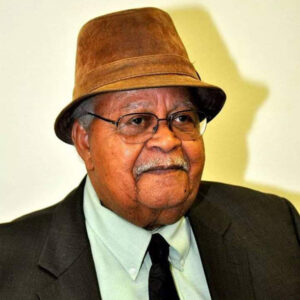 Charles F. Cunningham
Charles F. Cunningham
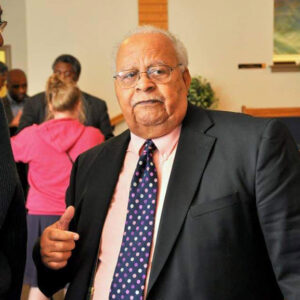 Charles F. Cunningham
Charles F. Cunningham
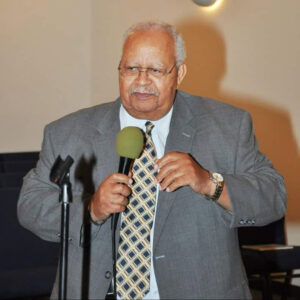 Charles F. Cunningham
Charles F. Cunningham
Cunningham, Charles Franklin
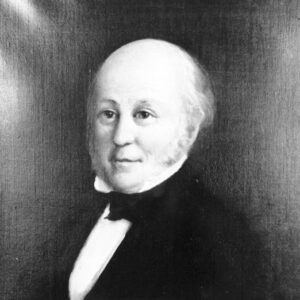 Matthew Cunningham
Matthew Cunningham
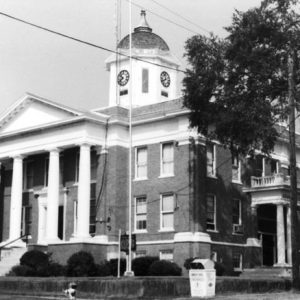 Dallas County Courthouse
Dallas County Courthouse
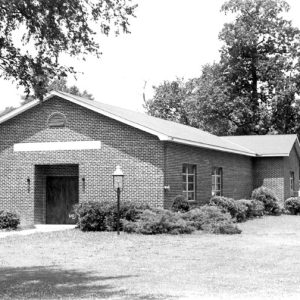 Desha County Court Building
Desha County Court Building
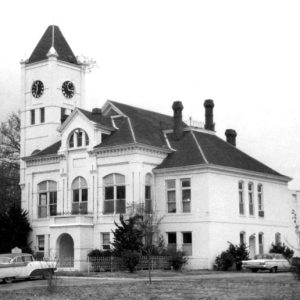 Desha County Courthouse
Desha County Courthouse
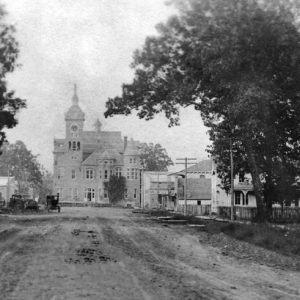 DeWitt Courthouse
DeWitt Courthouse
Dickinson, Townsend
Dowd, Clark Wayne
Draughon, James Harris
Drennen, John
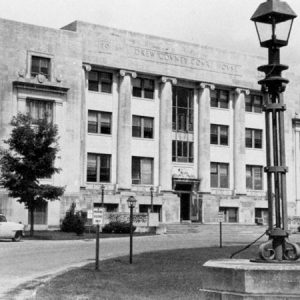 Drew County Courthouse
Drew County Courthouse
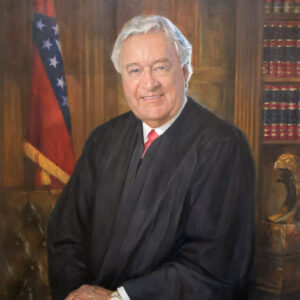 Robert H. Dudley
Robert H. Dudley
Dunaway, Edwin Eagle
Duncan, Virginia Maud Dunlap
Eagle-Booe Feud
Eagle, James Philip
Erwin, Judson Landers, Jr.
Faucette, James Peter
Faucette, Will
aka: William Chesley Faucette
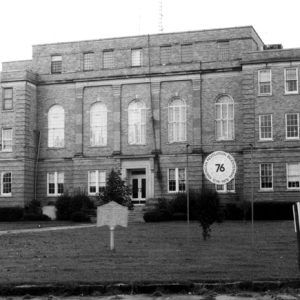 Faulkner County Courthouse
Faulkner County Courthouse
Feild, William Hume “Rush” Sr.
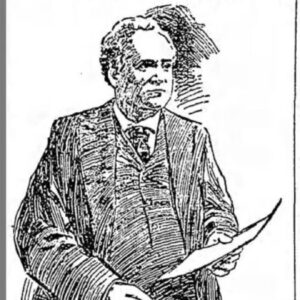 John R. Fellows Death Article
John R. Fellows Death Article
Forbes, Ralph Perry
Ford, Joe Thomas
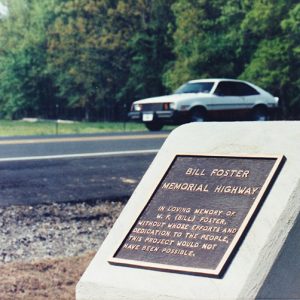 Foster Memorial
Foster Memorial




